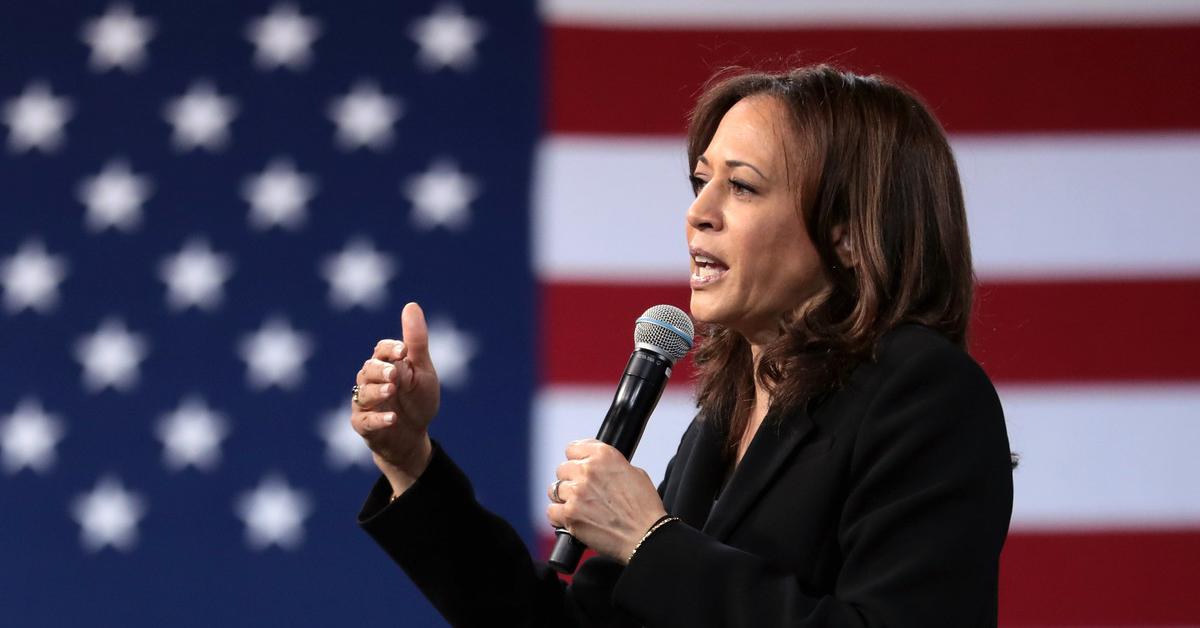The chorus voicing displeasure at a push by Pacific Gas & Electric to raise rates added new members on Tuesday, this time in the form of the Fresno County Board of Supervisors.
Last week the Fresno City Council, at the urging of Mayor Jerry Dyer, voted to publicly oppose PG&E’s June 3 request to the California Public Utilities Commission to initiate substantial rate increases from 2023-2026.
The utility, still reemerging from wildfire-led bankruptcy proceedings, is seeking an average rate increase of 19 percent over the three-year period. Residential customers would see their rates rise by 22 percent.
On Tuesday, the Fresno County Board of Supervisors followed suit with its own resolution objecting to the rate increase request.
“It’s a very dramatic increase this time,” said Steve Brandau, Board Chairman. “Rate increases as high as 18 percent in 2023, and by 2025 it will be a 22 percent increase. Californians and PG&E customers already pay some of the highest energy rates across the nation. We pay 80 percent more than electricity customers around the country”
The resolution calls for the CPUC to institute a rate freeze until “true and equitable reforms” are implemented.
The board is also calling on PG&E to identify internal cost cutting and spending control measures, including a substantial reduction of non-essential expenses, to prevent the customers from having to bear the burden of higher rates.
“I know my residents, including myself, have a hard time with these massive energy bills that we get,” Brandau said.
What’s the reason behind the rate increase request?
Supervisor Nathan Magsig pointed to the various mandates and legislation that have come out of Sacramento in regards to energy utilities.
Specifically, Magsig noted that the Global Warming Solutions Act of 2006 and the Sustainable Communities and Climate Protection Act of 2008 have resulted in higher costs for utilities
“The state is on track to use renewable resources to generate electricity, which I’m all for an energy mix, but what is happening is 2024 we have Diablo Canyon going to be taken offline, which is the only remaining nuclear generation facility we have in the state. Large scale hydro is not being recognized any longer as a renewable resource,” Magsig said.
“A lot of the natural gas fired plants that we have are being walked away from, even though right now with the crisis that we’re – in both water and energy – I think there were several new plants that the state wanted to have built that were going to be natural gas. But all that to say all these rate increases are really because of policies that are being set in Sacramento, and there are consequences.”
Supervisor Buddy Mendes agreed that the policies coming out of Sacramento are forcing residents to pay more in energy costs.
“I’ve always said, ‘Tell me one thing the State of California does right.’ I’m still waiting for an answer,” Mendes said. “This is basically bad legislation that has gotten us into this position, and the problem is we’re basically running business out of the state.”










